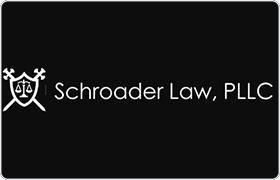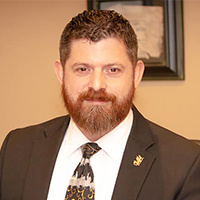Milton White Collar Crime Lawyer, Washington
Sponsored Law Firm
-
 x
x

Click For More Info:
-
Schroader Law, PLLC
1105 Tacoma Ave S Tacoma, WA 98402» view mapCriminal Defense Exceptional Legal Service
Schroader Law, PLLC offers superior service from start to finish. Attorney Schroader is a knowledgeable lawyer offering comprehensive legal advice with realistic expectations.
800-916-9671
Clifford George Morey
Arbitration, White Collar Crime, Criminal, Personal Injury
Status: In Good Standing Licensed: 41 Years
David Richard Kirshenbaum
Lawsuit & Dispute, White Collar Crime, DUI-DWI, Criminal
Status: In Good Standing
Susan E Anderson
Criminal, Car Accident, Science, Technology & Internet, White Collar Crime
Status: In Good Standing Licensed: 40 Years
Susan E Anderson
Criminal, Car Accident, Science, Technology & Internet, White Collar Crime
Status: In Good Standing Licensed: 40 Years
FREE CONSULTATION
CONTACTMichael E Harbeson
Divorce & Family Law, White Collar Crime, Criminal
Status: In Good Standing Licensed: 28 Years
John Joseph Kannin
Lawsuit & Dispute, White Collar Crime, DUI-DWI, Criminal, Accident & Injury
Status: In Good Standing Licensed: 27 Years
Thomas W. McAllister
Admiralty & Maritime, DUI-DWI, Criminal, White Collar Crime
Status: Deceased Licensed: 20 Years
 Dennis Schroader Tacoma, WA
Dennis Schroader Tacoma, WA Practice AreasExpertise
Practice AreasExpertise
